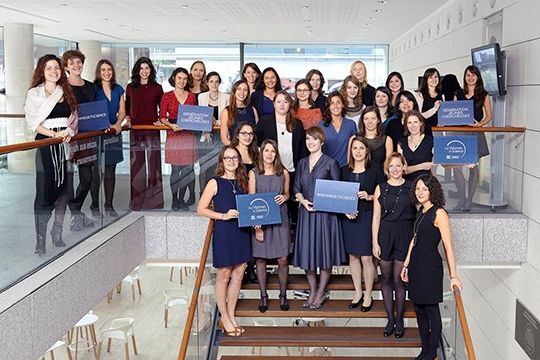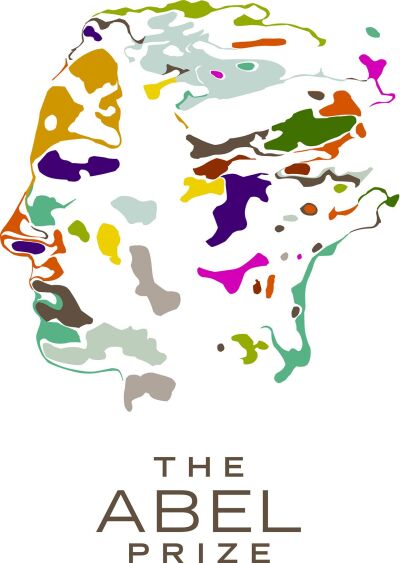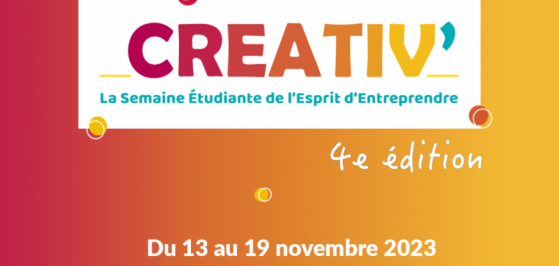 Aktualitete
Aktualitete 
The power of the mind
A look back on this extraordinary story: who never dreamt of controlling objects by the sheer force of will? Young Ukrainian researcher Nataliya Kosmyna, who was a post-doctoral researcher in the Inria institute in Rennes from 2015 to 2017, worked to materialise this old dream.
I THINK, THEREFORE I ACT

The frontier between science and the paranormal is sometimes very thin. What American researcher Joseph Banks Rhine called "psychokinesis" in the early 20th century to describe the act of moving objects with the mind, Nataliya Kosmyna made it possible today through a brain-machine interface.
In the "Hybrid" team from the Institut national de recherche en informatique et en automatique (Inria, French Institute for Research in Computer Science and Automation) in Rennes, which is one of the main computer science research centres in Europe, the then 25-years old researcher developed a revolutionary software able to translate the electric activity from the brain to remotely control devices. The idea is to link common commands such as turn on, off, and more, to simple mental images, such as a cloud, a garden, etc. The images are transferred from the user to the software by means of a helmet equipped with electrodes. The images are converted into information, and then transferred to a device through the Internet. The concept is simple to understand, but complex to implement.
FROM ZAPOJIE TO GRENOBLE

"My mother is a neurologist. All my life, I've seen schematics and images of the brain at home" says the young researcher. Born in Zapojie, Ukraine, Nataliya Kosmyna passed the French baccalauréat at 15 years old, and then went to Grenoble at 20 with a scholarship grant from the French embassy. She studied in a Master's course in computer science at the University of Grenoble. She defended her thesis on co-learning in brain-machine interface three years later, in 2016.
Nataliya Kosmyna tried to apply her research in the paramedical field. Her ambition is to allow physically disabled patients to turn on the lights, to open the curtains or change the angle of their bed without help.
The project is warmly supported by French institutions.





Commentaires
Vous devez être connecté pour laisser un commentaire. Connectez-vous.